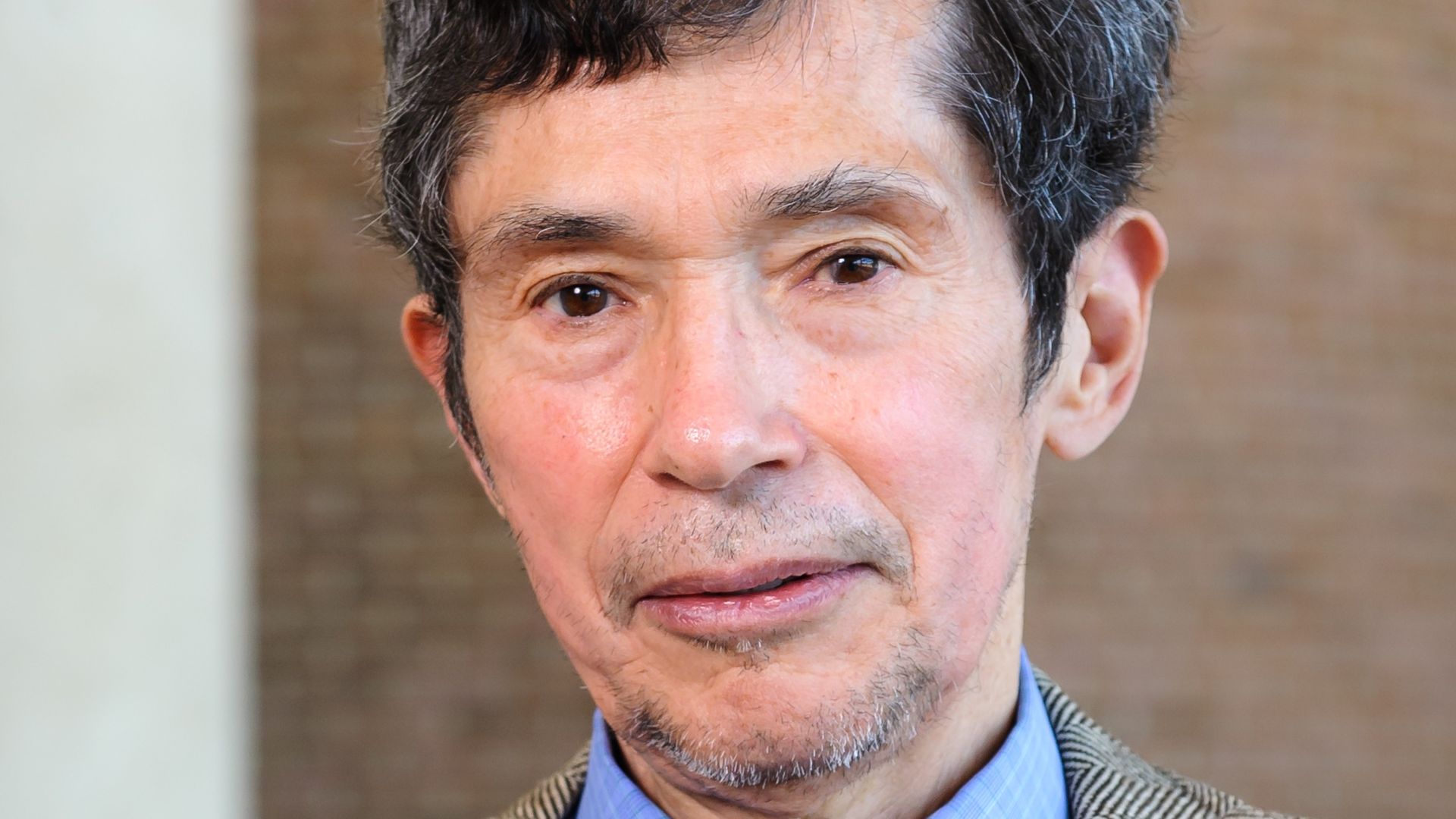A critical race theory founder says he's being inundated with threats
Add Axios as your preferred source to
see more of our stories on Google.

Richard Delgado. Photo: Courtesy of Richard Delgado
Richard Delgado, one of the founders of the critical race theory movement, tells Axios he and his wife have been receiving a steady stream of threatening messages since the coordinated, conservative campaign against critical race theory began.
Why it matters: Educators across the country — even some elementary school teachers — have faced harassment and threats over the past year over lesson plans that teach about systemic racism in the U.S.
- "We get some of the grossest telephone messages that you can imagine...Some of the stuff is hard to believe. It's full of venom," Delgado said. The University of Alabama law professor is the co-author — with his wife, Jean Stefancic — of several books on critical race theory.
- The 82-year-old scholar says the messages accuse him of eating children, wanting to destroy the U.S., and hating white people. (Delgado is Mexican American; Stefancic is white).
- Those emails and voicemails have been steady for a year now, Delgado said.
In his five decades of work shaping critical race theory, Delgado said he's never experienced such a volume of angry emails and threatening messages.
- "Before then, critical race theory had had a pretty easy glide path. We wrote our books. We developed our theories. We taught our classes. We published law reviews."
- He blamed the new anger over critical race theory on those who are upset over former President Donald Trump's loss in 2020 and the nation's changing racial demographics.
The pandemic also played a role, Delgado said, since parents were forced to talk to their children and found out during the Black Lives Matter protests their children held more progressive views on race.
- "Parent lost it. They blamed the teachers for indoctrinating their kids, even though the kids are growing up in a more diverse world."
Don't forget: Citizens for Renewing America, a group led by a White House budget director under Trump, offers activists model legislation to craft bans in their states.
- It says that equity, intersectionality, social justice, and "woke" terms are racist ideas and falsely claims that critical race theory teaches that "one race or sex is superior to another race or sex."
- The proposal also calls for firing educators who continue to teach about systemic racism.
What they're saying: "We have successfully frozen their brand—'critical race theory'—into the public conversation and are steadily driving up negative perceptions," Christopher F. Rufo, a conservative activist behind the anti-CRT movement, tweeted in March.
- "We will eventually turn it toxic, as we put all of the various cultural insanities under that brand category."
Reality check: Critical race theory, a concept developed in the 1970s and 1980s, holds that racism is ingrained in our society and comes from how the nation formed.
- It says that policies and practices in areas from law to education to banking contribute to persistent racial inequalities and are designed to conserve white supremacy.
Context: Elementary school teachers and administrators in recent months have been subjected to harassment at school board meetings and have faced physical threats thanks to an organized push from the right to remove classroom discussions of systemic racism.
- Last month, the FBI announced it would track threats against school-board members and teachers following a plea from the National School Boards Association concerned over the growing number of violent threats.
Flashback: Delgado, the son of a Mexican immigrant, was one of the early scholars who helped develop critical race theory, along with the late Derrick Bell.
- Margaret Montoya, a University of New Mexico law professor, said Delgado is considered a founder in the movement and one of the early scholars of LatCrit, or Latino critical race theory.
"Critical Race Theory: An Introduction," by Delgado and Stefancic, remains among the best sellers on Amazon for legal books.
- Today, the book is a target by conservative anti-CRT activists who falsely claim the work is anti-white.
Go deeper: How Latinos shaped Critical Race Theory
